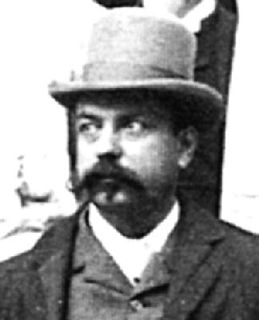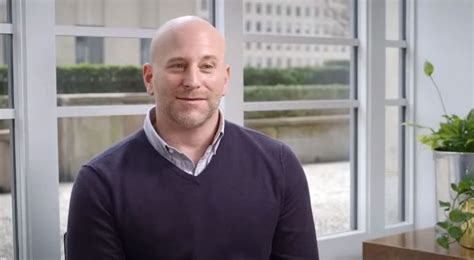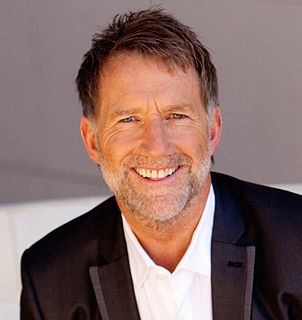A Quote by Jeffrey Gitomer
Customer satisfaction is worthless. Customer loyalty is priceless.
Related Quotes
The most common way customer financing is done is you sell the customer on the product before you've built it or before you've finished it. The customer puts up the money to build the product or finish the product and becomes your first customer. Usually the customer simply wants the product and nothing more.
Too often we measure everything and understand nothing. The three most important things you need to measure in a business are customer satisfaction, employee satisfaction, and cash flow. If you’re growing customer satisfaction, your global market share is sure to grow, too. Employee satisfaction gets you productivity, quality, pride, and creativity. And cash flow is the pulse—the key vital sign of a company.
The pendulum of cookery techniques became more significant than the actual experience. And when that happens, the customer's satisfaction becomes secondary to the chef's satisfaction. And in that case, you have an upside-down equation. Because the customer is the basis of our restaurant, first of all, and if the chef becomes the most important person at the table - even more so than the guests - then suddenly you're left with something that doesn't really work.
It is said if an organization listens to the complaint of a customer and the problem is fixed, the customer remains a loyal customer and tells approximately seven others about the experience. Conversely, if a person is ignored and the problem not fixed, that customer will not deal with that organization anymore and will tell approximately twenty other people about the negative experience.
Look, I think that when we started Virgin Atlantic 30 years ago, we had one 747 competing with the airlines that had an average of 300 planes each. Every single one of those have gone bankrupt because they didn't have customer service. They had might, but they didn't have customer service, so customer service is everything in the end.


































